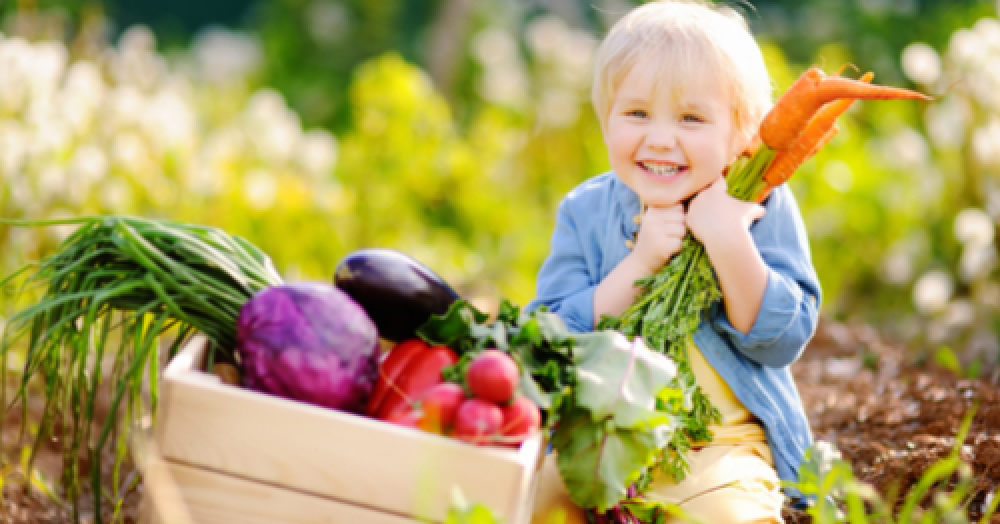There is nothing more satisfying that sitting down to a delicious meal and knowing that some of the food on your plate has been grown in your own home or garden.
Deciding on what to grow could depend on the space you have available. If you don’t have a garden, then you can still grow some vegetables using window boxes, grow bags or pots, just keep them in a sheltered and sunny spot, and you will see your vegetables flourish.
Here are some great vegetables that you can grow in your garden, they can all be planted from seed in small 10cm pots and then moved into a window box or garden bed once they have developed a few leaves:
Carrots
Carrot seeds need to be planted between April and June, and should be placed 2.5cm away from each other in a pot that is lined with stones and filled with multipurpose compost.
Once the seeds have grown into little plants, it is best to pull out any weaker ones, giving the stronger carrots more room to grow. Water your carrots sparingly but make sure the soil never dries out.
Your carrots should be ready to eat around 12 weeks after you first plant them – use a fork to gently ease them out of the ground, serve and enjoy.
Lettuce
If you have never grown anything before, then lettuce is a really great vegetable to start with. If you don’t have a lot of space, then it will grow happily in a window box, and when it gets bigger you can simply pull off the outer leaves to eat.
The amount of space you give each lettuce will dictate how big they will grow. If you want to be growing small tender leaves, then plant them quite close to each other, but if you want whole heads of lettuce then plant them a lettuce head width apart from each other.
Tomatoes
Home grown tomatoes are delicious and very satisfying, but they require a lot of attention and nurturing to begin with. Ideally tomatoes should be planted as seeds indoors at the end of winter, meaning they are established plants by May.
Tomatoes need to be kept warm, and they obviously require some vertical space to grow. If you are growing them in a greenhouse, be sure to support them with string, but if you are growing them outdoors, then you can use a cane to support them against a wall.
Tomatoes need pruning quite regularly, so remove all the side shoots, as this will help to increase your fruit yield.
Courgettes
Courgettes need a bit more space, so if you only have a window box or planting bag, then it may be best to just grow one plant. If you have a lot of space outside, then plant them around 60cm apart.
Your courgette plants will produce large leaves and eventually big tubular yellow flowers – the courgettes will appear at the end of these. Keep courgettes in the sun and water them regularly. If you want to be extra thrifty, you can use the yellow flowers in salads or stuff them with soft cheese.
Get Growing
It may sound like an overwhelming task growing your own vegetables, but it is actually fairly easy. There is nothing better than serving your friends and family food that you have grown from seed yourself, and it’s always good to know where your food has come from.
Growing your own veg can help your family be healthier, save you money at the supermarket and get your whole family enjoying the garden. All you need is a bit of space, a bit of patience and a good amount of compost and watering!

